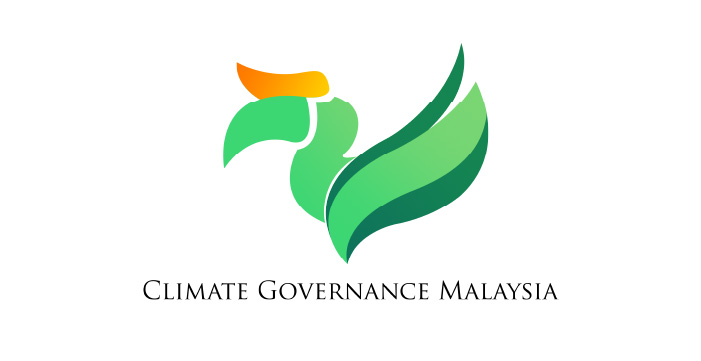Date: 25 March 2021

Host:
Climate Governance Malaysia
Panellists:
- Gilberto Tomazoni: Global CEO at JBS S.A.
- Page Motes: Global Head of Sustainability at Dell Technologies
- David Croft: Global Director Sustainability, Environment & Human Rights at Reckitt
- Juan Jose Freijo: Vice President, Global Head of Sustainability and EMEA Government Affairs at Brambles
- David Lantz: Manager of Sustainable Transport Solutions, Scania
- Datuk Sazali Hamzah: Vice President and Chief Executive Officer, PETRONAS Chemicals Group Berhad (PCG)
Over the past two years, coronavirus has demonstrated how dramatically international economies can be affected by a global disruptive event. The pandemic has highlighted the need for businesses to take more meaningful action against climate change.
The Goal 13 Impact Platform (G13 IP) is an initiative run by the CBI, A4S, Chapter Zero, the Met Office, Dell Technologies and Deloitte. It has been set up to facilitate learning and collaboration between companies as they address the climate crisis by creating a free and open platform capturing individual corporate initiatives and their context. In this session of the Climate Governance Initiative’s Global Summit, we looked at the G12 IP and heard insights from the panel on their businesses’ own climate actions.
The initiative has reached out to over 1,800 companies and carried out over 250 interviews (largely UK headquartered) and is now becoming international in the run up to COP26 with outreach in the US, India, Italy, Finland, Norway and multiple other geographies targeted. Contributors to the platform provide insight into their climate commitments, the organisation of climate programmes, the most impactful initiatives, barriers to progress and lessons learned.
While net zero may be an increasingly common goal for businesses and governments, the G12 IP shows that the number of businesses who have a net zero target is less than half of those interviewed and those that do have net zero targets (demonstrating long-term ambition), frequently lack shorter-term interim targets.
Businesses typically cite external market-based drivers as their key motivators: 78% of respondents on the Goal 13 Impact Platform have said that they are driven by customers, clients and consumers, with a further 59% motivated by broader societal shifts and 56% by the commercial opportunities presented in a transitioning world.
While many businesses face pressure from investors, more highlight the importance of climate change action to their employees and leadership. The most prominent barriers cited for companies, however, are policy and regulation; company prioritisation and investment, and customer engagement. With 47% of G13 IP contributors citing an uncertain policy and regulation roadmap as an external barrier, it is apparent that policy makers and businesses need to work together in partnership to provide this much-needed clarity.
It is not surprising , the panel argued, that businesses often cite collaboration across the supply chain and with policy makers, customers and peers, as critical. Page Motes from Dell summed this up: “The biggest lesson learnt is that we can’t do this alone. We need to work in concert with others, even with our competitors, and share as much as we can.